After decades of push and pull, the National Register of Citizens was set to be revised, and the exercise began in 2015 under the aegis of the current NDA government and under the watch of the Supreme Court, with the bogey of ‘illegal Bangladeshi’ being raised again stoking fears of complete communal propaganda in the already polarised atmosphere of Assam. A report for Different Truths.
On 30th July, 2018, the second draft of the National Register of Citizens (‘NRC’), which was touted as the proof of citizenship, was released. Out of 3.29 crore applicants in Assam, around 2.89 crore people found their names in the list, thereby leaving out around 40 lakhs of people from NRC, wherein more than 37 lakhs been rejected, and around 2.5 lakhs claims been kept on hold. The entire exercise of NRC was meant to include the names of all Indian citizens who were residing in India from before 24th March, 1971, which has thrown open questions about ancestry, citizenship, and historical developments, amongst others. Though described as a draft list, with further opportunities given to those left out of the list to submit documents to prove their citizenship claims, the NRC, in one stroke, has wrecked havoc in the lives of 40 lakhs individuals who have known no other country, except India, leaving them stateless and rootless.
The issue of citizenship in Assam has been vexed for long, mired with fears of loss of Assamese identity, influx of Bengalis from East Pakistan in different waves, and finally the migration of people fleeing persecution in East Pakistan in pre, and post 1971 Bangladesh war. This resulted in the widespread anti-foreigner agitation in Assam, led by All Assam Students Union (“AASU’) and other student groups in late 1970s and early 1980s against ‘illegal immigrants’, mostly people from Bangladesh, resulting in alleged changing socio-cultural milieu of the State. This finally culminated in the signing of the Assam Accord in 1985 between Rajiv Gandhi led Congress government and AASU, wherein all those persons who came to Assam prior to 1st January, 1966 would be granted citizenship, while those who came to Assam on or after 24th March, 1971 would be asked to leave India. And those, who came after 1966 and before 1971, would be identified and their names would be deleted from the electoral rolls, and after 10 years, their names would again be restored in the electoral rolls. Accordingly, the Citizenship Act, 1955 was amended to incorporate the Assam Accord.
After decades of push and pull, the National Register of Citizens was set to be revised, and the exercise began in 2015 under the aegis of the current NDA government and under the watch of the Supreme Court, with the bogey of ‘illegal Bangladeshi’ being raised again stoking fears of complete communal propaganda in the already polarised atmosphere of Assam. In the revised NRC, individuals had to submit, what is now known as legacy data, i.e., the following documents, including the names of theirs or their ancestors’ names who appear in the NRC, 1951, or in any of the electoral rolls till 24th March, 1971, or any of the documents proving their presence in India on or before 24th March, 1971. The search for legacy data led to a mad rush to trace the family tree or to look for documents by people, so many from poor impoverished backgrounds, who often lack any documents to prove their residence in India before March, 1971.
The issue of NRC has also been subject of number of litigations, including the current one in the Supreme Court, wherein the Apex Court is monitoring the exercise of NRC updation in Assam. In 2005, the Supreme Court in Sarbanda Sonowal vs. Union of India [(2005) 5 SCC 665] struck down the Illegal Migrants (Determination by Tribunals) Act, 1983 and the Illegal Migrants (Determination by Tribunals) Rules, 1984 as unconstitutional, and held that all cases pending before such Tribunal would be transferred to the tribunals set up under the Foreigners (Tribunals) Order, 1964 under the Foreigners Act, 1946. The Court held that the classification between the IMDT and the Foreigners Act was arbitrary, and the IMDT provisions were more onerous than the Foreigners Act, i.e., it was much more difficult to detect and deport illegal migrants under IMDT than under Foreigners Act.
Following Sonowal’s case, another petition was filed in 2012 in the Supreme Court in Assam Sanmilita Mahasangha & Ors. vs. Union of India [Writ Petition (Civil) No. 562 of 2012], wherein Section 6A, Citizenship Act, incorporated after the Assam Accord was challenged, as well as directions sought from the Supreme Court about updating NRC. Vide judgment dated 14.12.2014, amongst other directions, the Supreme Court directed that the process of NRC updation be completed, with a detailed timeline given, in order to publish the entire NRC by January, 2016. Since December, 2014, the Supreme Court continued to monitor the exercise of NRC, with regular updates being given to the Court.
After the draft NRC was published, the Supreme Court noted the concerns raised by many intervenors and categorically observed that “what has been published is only the complete draft NRC which naturally being a draft cannot be the basis of any action by any authority”. The Court was further informed that the process of filing of claims and/or objections would start from 8th August, 2018 onwards, and the claims would be decided from 30th August to 28th September, 2018. It is unthinkable how the claims of almost 40 lakh people left out of the draft NRC would be settled within one month. [Assam Public Works v Union of India, Writ Petition(s)(Civil) No(s). 274/2009, date of order: 31.07.2018].
As evident, the issue of NRC is not as simple as the BJP Government wants us to believe, i.e., of ‘infiltrators’. It involves the lives and livelihood of lakhs of people who have been residing in the country for more than four decades, with relationships built and lives structured in and around Assam, and India. To suddenly tell them that they are ‘foreigners’ or are not entitled to be Indian citizens, despite having voters’ cards or other identity documents goes against the grain of humanity, and international legal principles. The scores of stories of families whose some members’ names found mentioned in the NRC while others’ did not, or those who are born here, but left out of NRC show the sheer arbitrariness with which NRC was conducted. To expect the persecuted and marginalised communities to prove their belonging to a country through documents is as arbitrary as the cutoff date of 24th March, 1971 as the criteria to determine citizenship claims. And to do it under the guidance of the highest constitutional court of this country is a bigger shame. India is still going through the effects of partition, both in 1947 and also the genocide of Bengalis in 1971 in East Pakistan. Let us not repeat the historical blunders of the past. Migration is a natural phenomenon, and people migrate for myriad reasons, most importantly, in search for a better life. Let us not punish the descendents of people who settled in India in their pursuit of happiness.
Amritananda Chakravorty
©IPA Service
Photo from the Internet

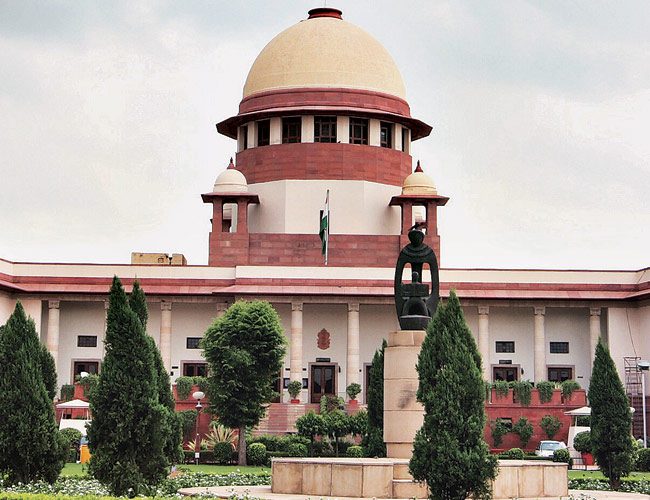
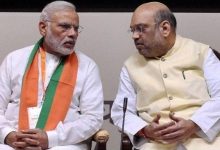
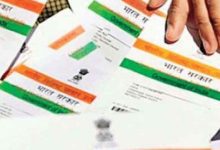
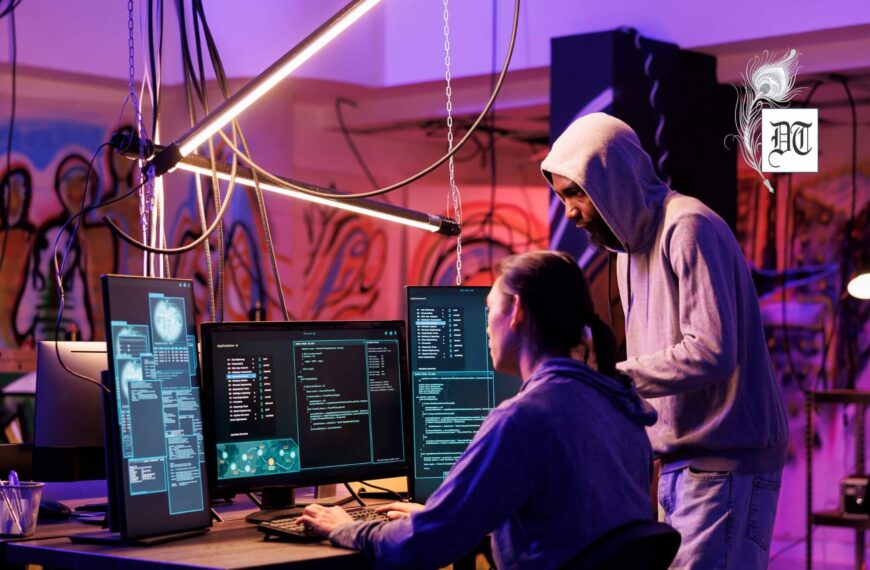
 By
By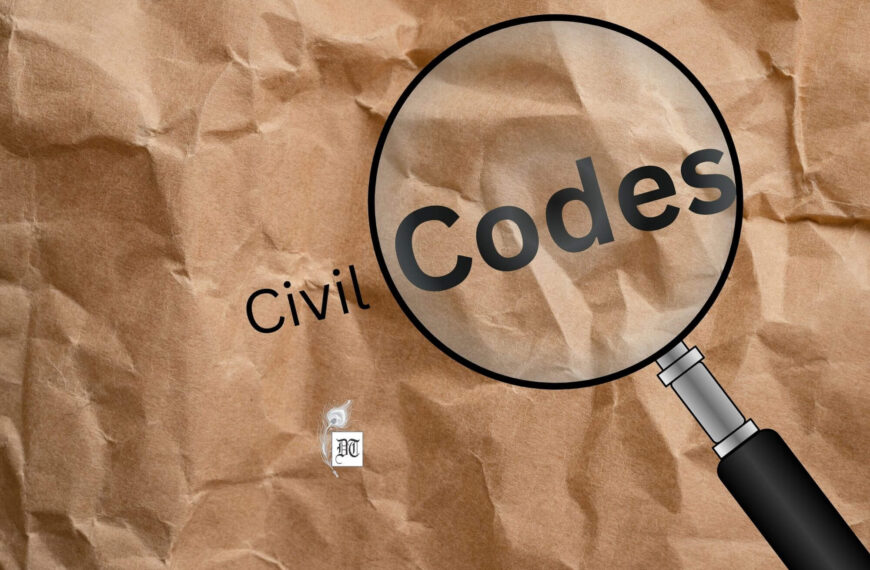
 By
By
